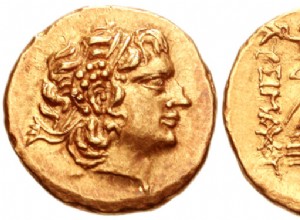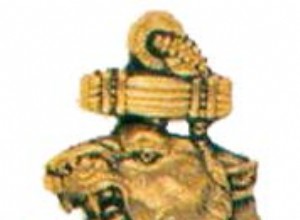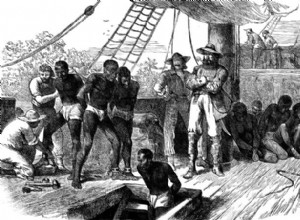Very recently, Professor Mary Beard , brand new Princess of Asturias Award for Social Sciences 2016, she explained in an interview the genocidal character of some actions of the Roman Empire. And, indeed, although the Romans carried out various barbarities that could be adjusted to that descriptio




